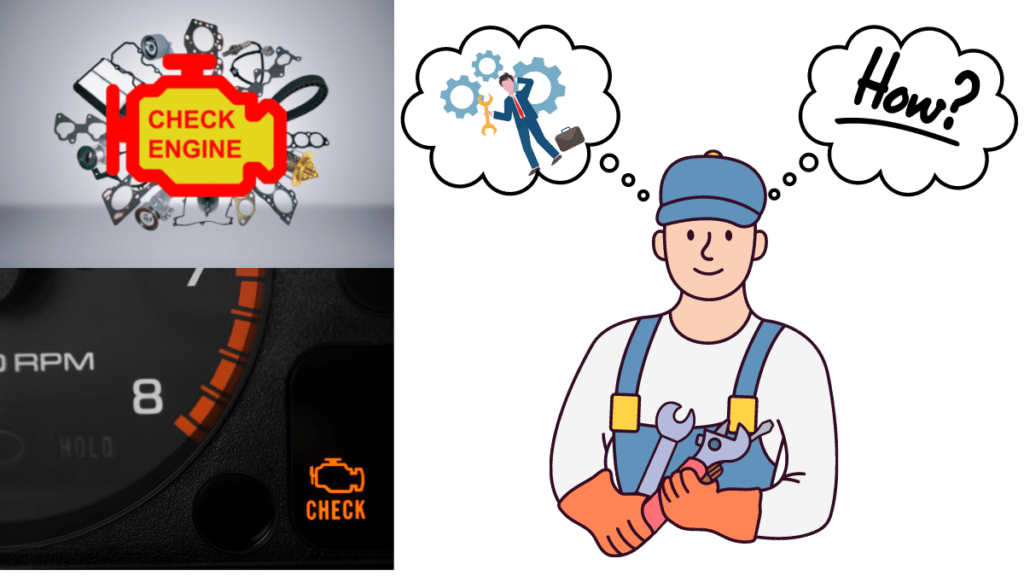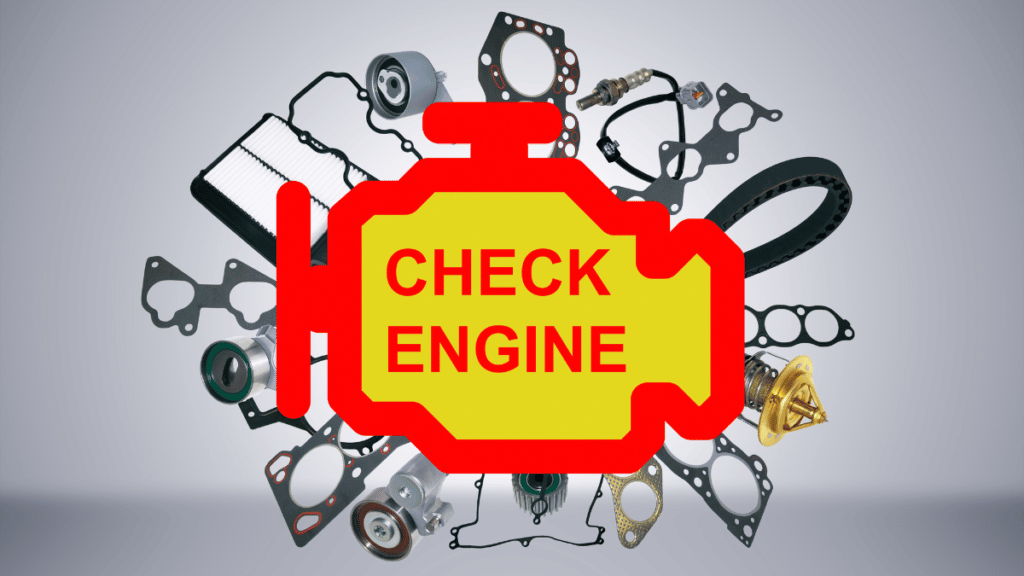Are you tired of seeing that dreaded “check engine” light pop up on your dashboard? Engine derate can be a real drag on your driving experience, but fear not! In this guide, we’ll reveal exactly how to clear engine derate and get your engine running at peak performance once again. Whether it’s due to high temperatures, low oil pressure, or a clogged diesel particulate filter, we’ve got you covered. Get ready to say goodbye to engine derate and hello to full-throttle driving with our guide on how to clear the engine to derate.

Do you find yourself frequently checking the “check engine” light on your dashboard and worrying about the engine derate? Engine derate is a common problem in modern vehicles. It occurs when the engine’s performance is reduced to protect itself from damage. In this article, we’ll explain what engine derate is, why it occurs, and how to clear it, so you can get back to enjoying the full power of your vehicle.
What is Engine Derate?
Engine derate is a reduction in the engine’s power output, designed to prevent further damage to the engine and its components. When a reduction in the engine’s performance occurs, the speed, acceleration, and overall performance of the vehicle will be impacted. Engine derate can be the result of various factors, including high engine temperatures, low engine oil pressure, and a buildup of soot in the diesel particulate filter.

Why Does Engine Derate Occur?
Engine derate occurs when the engine management system detects an issue that could cause damage to the engine or its components. This could be due to a variety of factors, including:
- High engine temperatures: If the engine’s temperature becomes too high, the engine management system will reduce the engine’s power to prevent damage to the engine and its components.
- Low engine oil pressure: If the engine oil pressure is too low, the engine management system will reduce the engine’s power to prevent damage to the engine’s bearings.
- Excessive soot in the diesel particulate filter: If the diesel particulate filter becomes clogged with soot. Then the engine management system will reduce the engine’s power to prevent damage to the engine and its components.
How to Clear Engine Derate
To clear engine derate. You need to address the underlying issue causing the engine management system to reduce the engine’s performance. Here are some steps you can take to clear the engine to derate:
Check the engine oil level and pressure:
If the engine derates is caused by low oil pressure. Then check the oil level and pressure will be your first step. If the oil level is low, top it up with the recommended oil for your vehicle. And if the oil pressure is still low. Then you may need to replace the oil pump or repair the oil pressure sensor.
Check the engine coolant level:
If the engine derates is caused by high engine temperatures, you’ll need to check the engine coolant level. If the coolant level is low, top it up with the recommended coolant for your vehicle. And if the coolant level is still low after topping up, you may need to replace the water pump or repair any leaks in the cooling system.
Clean or replace the diesel particulate filter:
If excessive soot in the diesel particular filter caused an engine derates. Then you’ll need to clean or replace the filter. A typical professional has done this. And it’s an essential step in maintaining the performance and longevity of your diesel engine.
Repair any other issues:
If the engine derates is caused by any other issues, such as a faulty sensor or component, you’ll need to have it repaired by a professional.
Enjoy the Engine Running at Full Power Again
Engine derate can be a frustrating and concerning issue, but it’s important to address it quickly to prevent further damage to the engine and its components. By following the steps outlined in this article, you can clear the engine to derate and get your vehicle back to running at full power. Regular maintenance, including checking the oil and coolant levels and cleaning the diesel.
DON’T MISS: How to attract migrants dwarf fortress – A Guide to Building a Thriving Community

